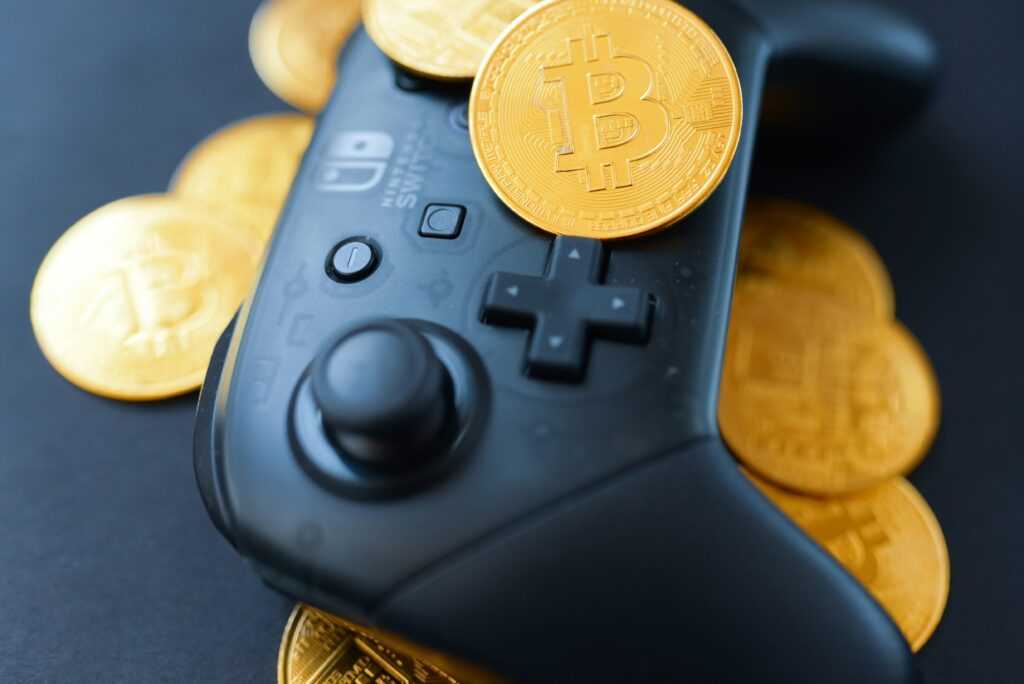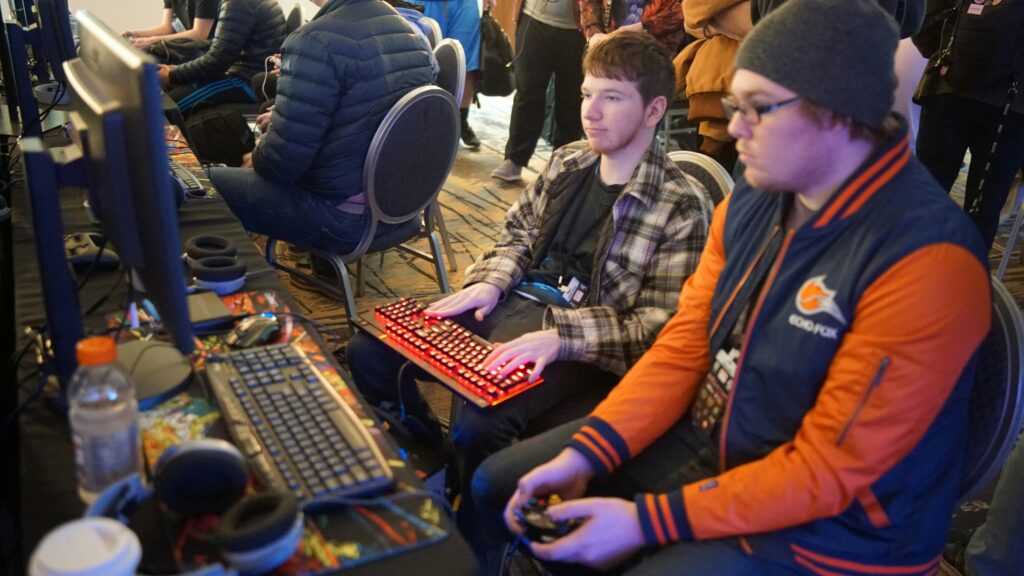As a seasoned cybersecurity enthusiast, I’m always on the lookout for the latest trends shaping the digital landscape. When it comes to the intersection of cybersecurity and gaming, the evolving landscape presents both challenges and opportunities.
In 2024, the gaming industry is poised for significant growth, but with it comes an increased risk of cyber threats that can compromise players’ data and gaming experiences. In this dynamic environment, staying ahead of cybersecurity trends is paramount.
From the rise of in-game fraud to the importance of secure gaming platforms, understanding the potential risks is crucial for players, developers, and stakeholders alike. Join me as we delve into the key cybersecurity trends to watch for in the gaming industry in 2024, and discover how we can navigate this ever-changing digital realm with confidence and vigilance.
Overview of Cybersecurity Trends in Gaming
- Cybersecurity Trends in Gaming for 2024: As the gaming industry expands rapidly, a rise in cyber threats underscores the importance of staying vigilant in protecting player data and enhancing overall gaming experiences.
-
Adapting to the Evolving Digital Environment: Exploring and adapting to current cybersecurity trends is essential for navigating the changing landscape of gaming and ensuring a secure environment for players.
Rise of Ransomware Attacks in Gaming Industry
As an expert in cybersecurity and gaming, I foresee a concerning rise in ransomware attacks within the gaming industry in 2024. Ransomware can block access to vital systems and sensitive data, posing significant risks to in-game assets, player information, and company operations, which can lead to both financial losses and reputation damage.
To combat this threat, gaming companies must prioritize cybersecurity by implementing regular data backups, training employees to recognize phishing attempts, and investing in robust cybersecurity solutions. Taking proactive steps now is crucial to mitigate the impact of ransomware and ensure a secure gaming environment for players.
Importance of Data Protection Measures
Ensuring robust data protection in the gaming industry is essential to safeguard players’ sensitive information from cyber threats. As an expert in cybersecurity and gaming, I emphasize the importance of encryption, security audits, and multi-factor authentication (MFA) to mitigate risks of data breaches and unauthorized access.
By encrypting player data, conducting regular security assessments, and implementing MFA, gaming companies can significantly enhance their defenses. These proactive strategies help maintain player trust, safeguard sensitive information, and strengthen the overall cybersecurity of the gaming ecosystem.
Impact of Blockchain Technology on Gaming Security
The integration of blockchain technology in gaming security is set to transform the protection of player data and secure in-game transactions. By utilizing blockchain’s tamper-proof, decentralized ledger system, gaming platforms can enhance data integrity and protect virtual assets, reducing the risk of fraud and unauthorized access.
With features like smart contracts and distributed records, blockchain enhances security by ensuring transparency and preventing centralized data breaches. As gaming evolves, blockchain will play a crucial role in safeguarding player information and bolstering overall cybersecurity measures in the industry.
Rise in Phishing and Social Engineering Threats
As the gaming cybersecurity landscape evolves, I anticipate a rise in phishing and social engineering threats targeting players. Cybercriminals are becoming more adept at using deceptive tactics to access sensitive information, making it crucial for both players and gaming companies to stay vigilant and proactive in protecting against these threats.
Players should be cautious of unsolicited communications requesting personal data or account credentials, while gaming companies must educate users on phishing tactics and implement robust security measures like multi-factor authentication and email authentication protocols to safeguard against these attacks. By remaining aware and proactive, the gaming community can strengthen its defenses and protect players’ online experiences.




